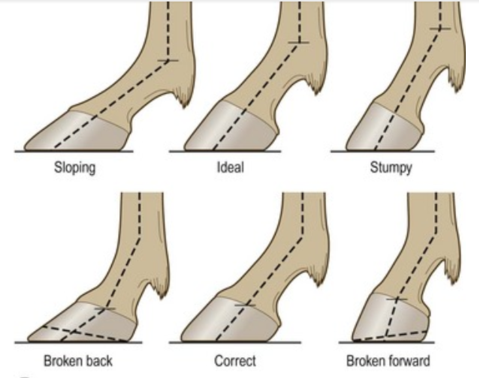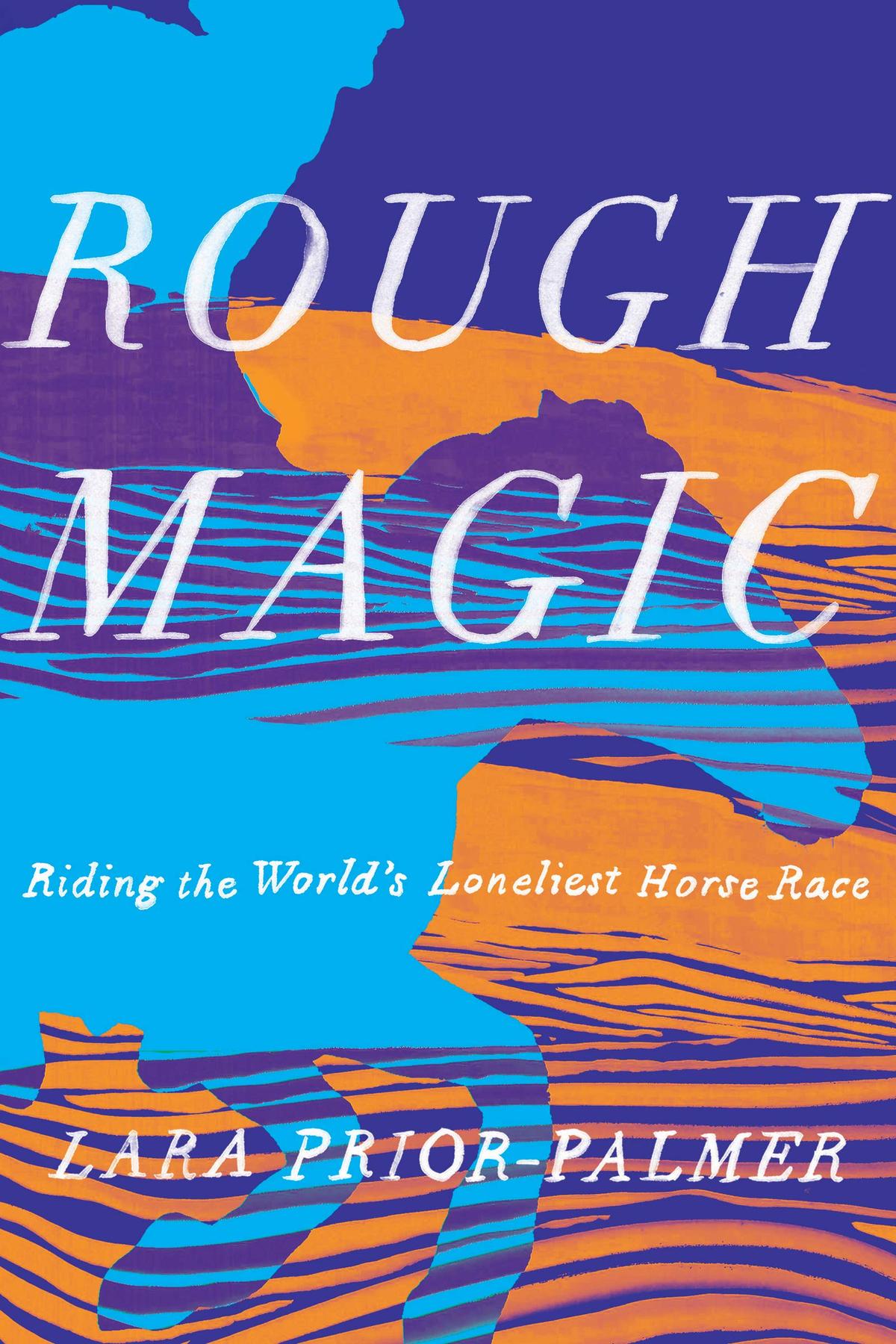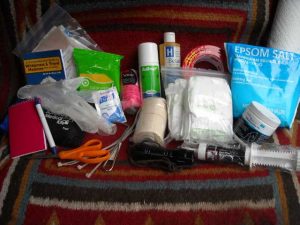MelNewton.com - Full Article
February 5, 2020 Posted by Melinda under Uncategorized
No Comments
Print Friendly, PDF & Email
Endurance Horse Podcast asked me to do a short piece on endurance riding and rider fitness. This blog post is meant as a companion to *my words in the podcast episode “Rider Health – Part 2.” Check it out, and if you found your way here through the podcast, welcome.
*I always always ALWAYS feel so stupid doing a recording. I try to console myself that everyone feels stupid hearing their voice coming back at them, but I can’t help feeling that I’m especially bad at it. It’s definitely not my normal chosen manner of communication, but if me stepping outside of my comfort zone can help others, I’m willing to do it. This is the third time I’ve been on the endurance horse podcast. If you are interested, I spoke about my experience doing the ride and tie championships with a mini horse about a year ago, and read an excerpt from my book, “Go Ride Far,” in the fall.
Here’s the truth about endurance riding.
You don’t have to be an athlete to complete 100 or even 50 miles on horseback.
Yes, finishing an endurance ride accomplishment, but it isn’t necessarily an athletic accomplishment for the rider.
Before you get all mad at me for saying this and throwing stuff at your computer, let’s look at the GOOD side of this.
You DON’T have to be an athlete to get on your horse, train for an endurance ride, have a TON OF FUN, and go out and do COOL SH*T ON YOUR HORSE. YAY!!!!!! So don’t put endurance off for some future time when you will “be in better shape” and instead just go out and do the thing.
But let’s say you aren’t so good at re-framing and are stuck on what I said. You don’t have to be an athlete to ride 12 or 24 hours? WHAT CAN YOU POSSIBLY MEAN?
I didn’t believe it for a long time either. “The horse does all the work!” people would tell me when I talked about doing equine endurance. I stared daggers at them, wondering if these people, who I doubted could even run around the block, could possibly imagine what it felt like to wrestle and console a 1000 pound animal forward (and sometimes STOP BEING SO FORWARD) for 12+ hours...
Read more here:
https://melnewton.com/2020/the-truth-about-rider-fit/
 Easycareinc Blog - Full Article
Easycareinc Blog - Full Article



